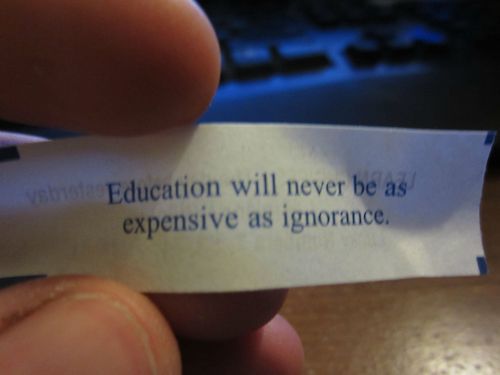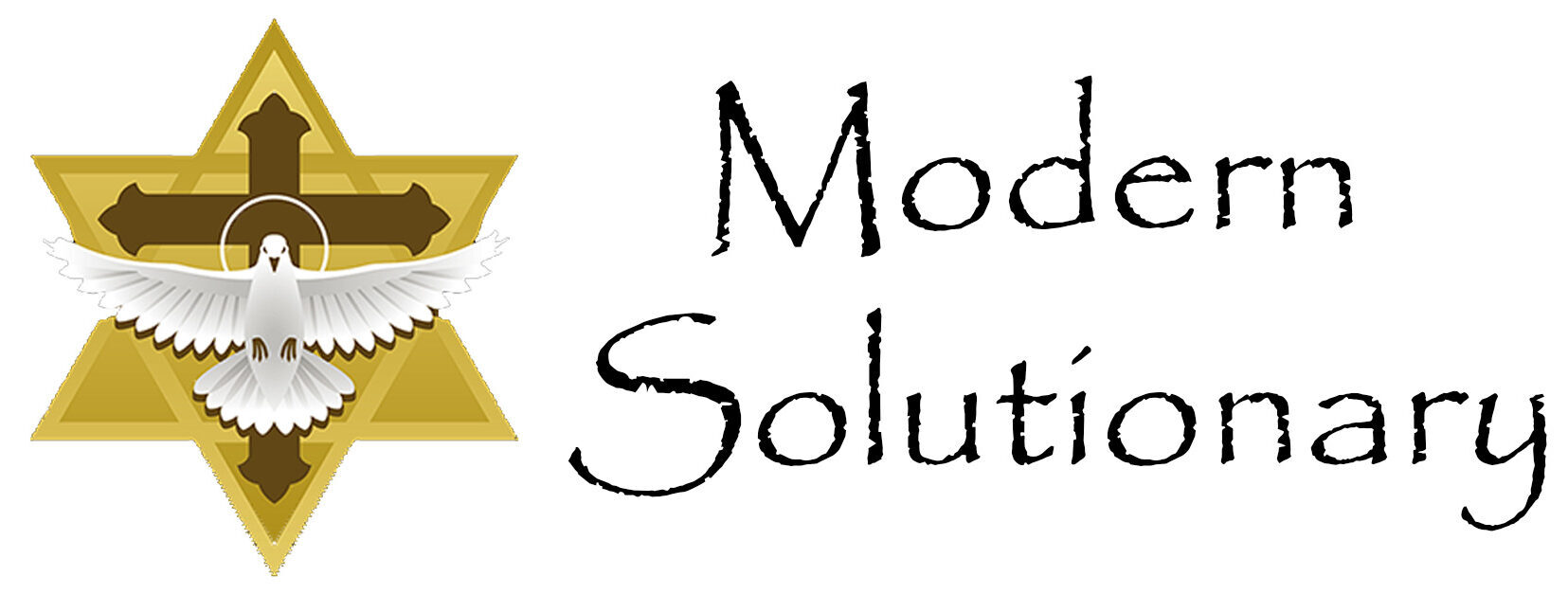There are three sources of knowledge for a reason.
- Knowledge applied without education leaves you foolish.
- Knowledge applied without experience leaves you naive.
- Knowledge applied without ethics / morals leaves you gullible.
It is only when we selflessly apply all three sources that we can be assured of a wise decision.
Anthony “Tony” Boquet

The sole purpose of every business ever created has been based on one central premise; to offer a product or service at a profit for a reasonable price that will solve a problem that the consumer could not solve on their own. The same should be said for our colleges and universities when it comes to their ability to transfer the knowledge needed to solve future problems in the specific field of education. Wisdom is the application of the three sources of knowledge toward the best solution to a problem. It is up to the schools to affirm that their education is first true so that it can be transferred as knowledge applied as wisdom.
After all, wouldn’t a school be the perfect place to explore, understand and apply the truths that answer the questions raised by the unknowing?
The early universities were established around the understanding that knowledge is made up of three sources of development; Education, Experience and Ethical / Moral values. The Solutionaries who led these great institutions understood that wise decisions cannot be assured without all three being applied as a solution to a problem. For years institutions of higher learning were solely and totally focused on providing all three areas of development. This required that the school hire professors who were well educated but also had to have experience in their field of study and be able to demonstrate a strong commitment to ethical and moral values. In other words, professors were not only “educators” but experienced ethical practitioners. Sadly, in todays hallowed halls of academia, this is not always the case. Most schools are satisfied with turning out students who have an education instead of being Solutionaries with the knowledge required to make wise decisions.
We live in a circular world. This means that what goes around comes around. In other words, if you experience something in your business of choice, you will more than likely experience it again in the future and you should be better equipped to handle the problem the second time around. You will also have lived through the ethical / moral consequences of the decisions you chose to make. That cannot be done solely by studying simulations, no matter how well established or delivered. Some consequences may not surface until months or years after the decision is made. A professor who never actually experienced this phenomenon has no way of teaching the lessons that only experiences can uncover.
Every wise decision you or your business associates make must be based on the truth; identifying the true problem, understanding the true motivating factors impacting those affected by the problem and committing to the truly selfless solution as well as the consequences that will impact each of the three parties involved. Education alone will fall short because it is almost impossible to do without experience yet some academic leaders believe that wise decision making is not important, not their responsibility or that education alone is adequate to deliver a solid graduate.
My personal experiences taught me that each source of knowledge does matter; as a practitioner, as a business leader and now as someone who in works in academia. I am proud to say that the institution I work for still delivers on all three components of wisdom. Our professors are well educated and came out of the profession of which they now teach, each course we teach has an ethics component built into it and the educational material taught is based on well established truths. In addition, we have an experience requirement tied to the use of our college level designations.
Regardless what is believed, the fact does not change; experience along with education and ethics are the three factors required in order to make wise decisions. Sure, anyone can luck out and make a wise decision without any of the three but tuitions are paid and the value associated with holding a degree of higher learning demands more than just luck. The business that hire the graduates do so because of the perceived value. They do not just want to survive, they want to thrive, and that takes more than just luck. If given a choice between two highly educated candidates; one with the knowledge to solve problems verses the other just a well-educated student, the corporate leaders would likely select wisdom over education every time. One can buy an education but wisdom is only obtained through a lifetime of selfless dedication to solving problems with the truth.
If this is my last post, I want all to know there was only one purpose for all that I have written; to have made a positive difference in the lives of others.
Anthony “Tony” Boquet, the author of “The Bloodline of Wisdom, The Awakening of a Modern Solutionary”, Vice President, Business Development at The American College of Financial Services
